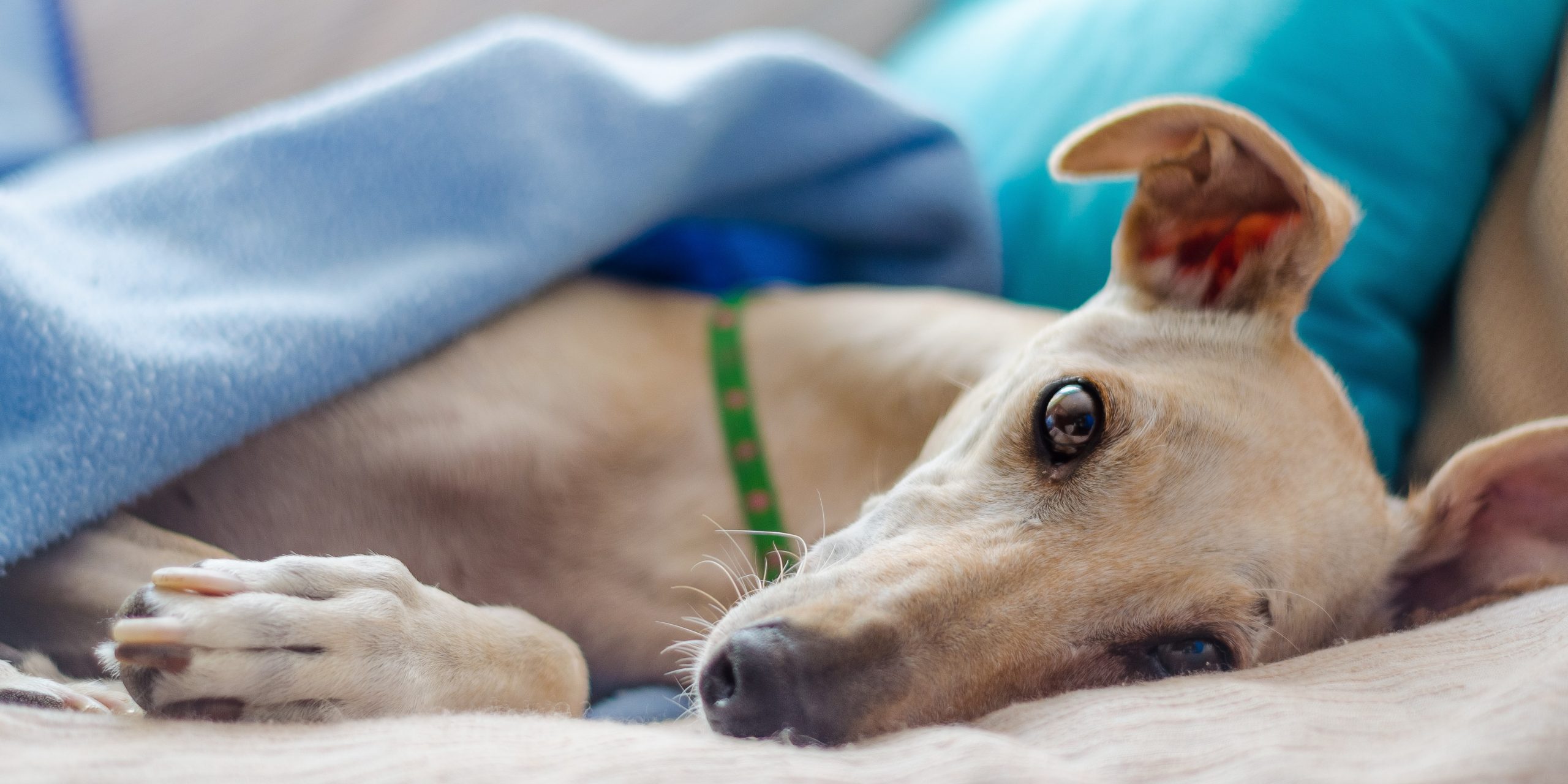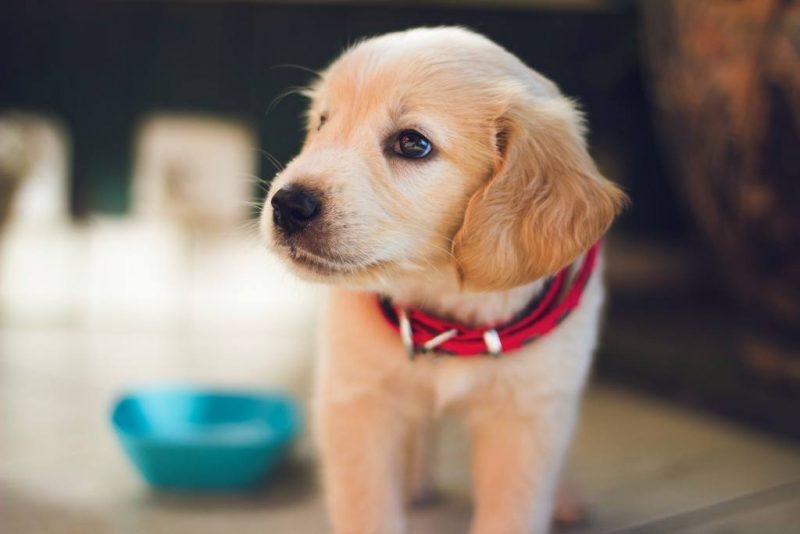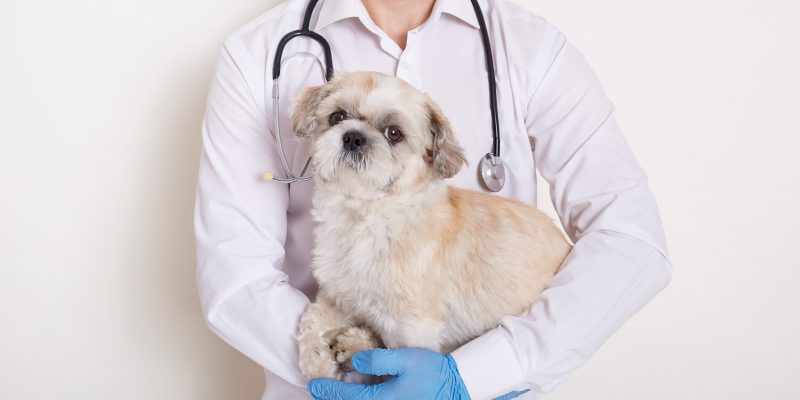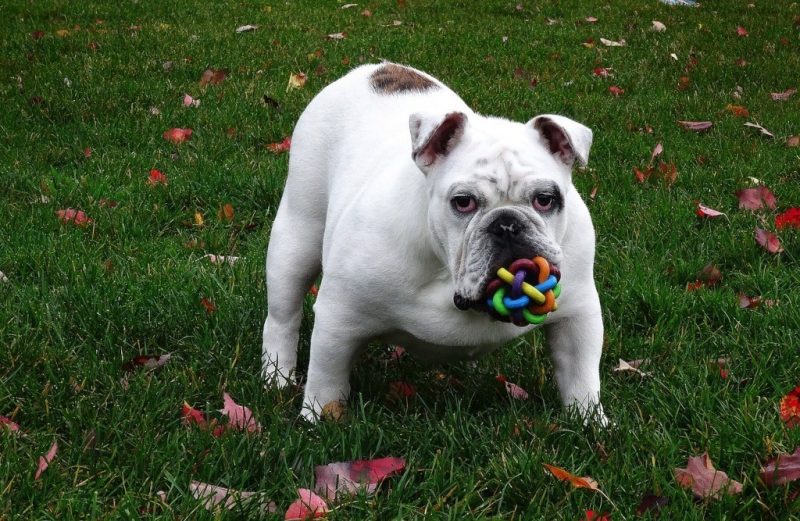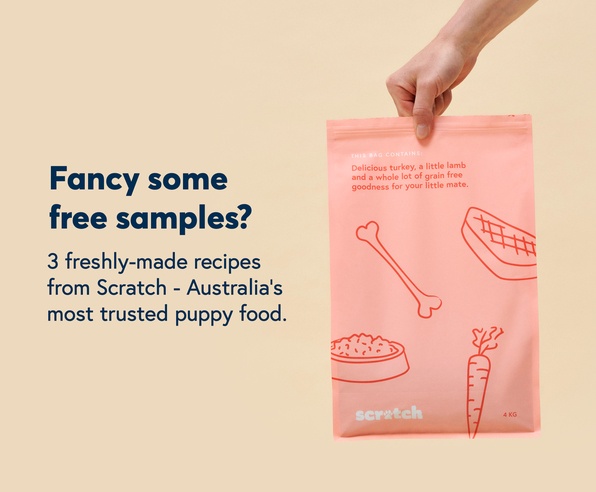Right now, there is a lot of confusion about coronavirus and dogs. People around the world are bundling up their pets in face masks, booties, and makeshift hazmat suits over fears they could contract or spread the disease. Before we go any further let us stress, numerous health authorities have repeatedly stressed that dogs can’t catch coronavirus.
But even understanding that, a recent outbreak of canine coronavirus in Australia has left many people stressed and worried. So let’s break down what’s the difference between human and canine coronavirus.
What Is Canine Coronavirus?
This week there were reports of outbreaks of canine coronavirus in Victoria and New South Wales. Before we go any further let’s be clear: canine coronavirus is not the same as COVID-19, the virus we’ve been witnessing spread for months
Canine coronavirus is a different strain that isn’t fatal or transferable to humans. It’s actually been around for decades. Infected dogs experience gastroenteritis-type symptoms like vomiting and diarrhoea but usually recover.
Again, it’s not related to COVID-19.
Saying that, if you have a greyhound showing symptoms of canine coronavirus Greyhound Racing Victoria stress they should be isolated and any dogs who have come into contact with them quarantined. Also, obviously contact your vet.
If you don’t have a greyhound with an upset tummy, relax.
What about That Dog That “Tested Positive” to Coronavirus?
There has been a lot of emphasis on pets not being able to get COVID-19. So it was confusing when a pomeranian in Hong Kong tested positive for coronavirus last week.
The situation is a bit misleading, so let’s pull it apart:
- The dog tested “weak positive” for novel coronavirus.
- Hong Kong’s Agriculture, Fisheries and Conservation Department (AFCD) explained that samples were taken from the dog’s nasal and oral cavities.
- The thing is, “testing positive” doesn’t always mean you’re “infected”.
- Being infected means you have the virus. While testing positive can mean you were contaminated–basically you came in contact with the virus.
- When the virus is present on an object (like a table top) it’s contaminated.
- That’s likely what happened with the dog. It was around someone with the virus and became contaminated. The animal itself shows so signs of being sick.
To be on the safe side the dog is being quarantined. Sheila McClelland, the founder of Hong Kong-based Lifelong Animal Protection Charity, stressed to CNN: “Present evidence suggests that dogs are no more of a risk of spreading (coronavirus) than inanimate objects such as door handles.”
In a press release the AFCD also noted: “the AFCD does not have evidence that pet animals can be infected with COVID-19 virus or can be a source of infection to people.”
If Dogs Aren’t a Source of Infection, Why Quarantine Them?
Two reasons. Firstly, just to play it totally safe. No harm in being cautious.
Secondly, scientists are still interested in how the disease interacts with animals generally. They’re taking every opportunity to learn more about COVID-19 and gather information, even if it’s not directly related to infection.
So Can Dogs Get Coronavirus or Not?
We get this is super confusing. But while that one dog was contaminated, health authorities are still ensuring the public that it’s very unlikely that pets can contract or spread the virus. There have been no confirmed cases of cats or dogs contracting the disease anywhere in the world.
The World Health Organisation’s advice is: “At present, there is no evidence that companion animals/pets such as dogs or cats can be infected with the new coronavirus. However, it is always a good idea to wash your hands with soap and water after contact with pets. This protects you against various common bacteria such as E.coli and Salmonella that can pass between pets and humans.”
Just to make sure you’re doing that right, they add: “To protect yourself against the new coronavirus, you should frequently clean your hands with an alcohol-based hand rub or wash them with soap and water.”
So in short: don’t stress about your dog or panic about canine coronavirus. Just remember to wash your hands.
For more on pets and coronavirus check out:
Coronavirus Leads to a Surge in Dog Face Masks
While you’re here, don’t forget to follow us on Instagram, Facebook, and Twitter.

